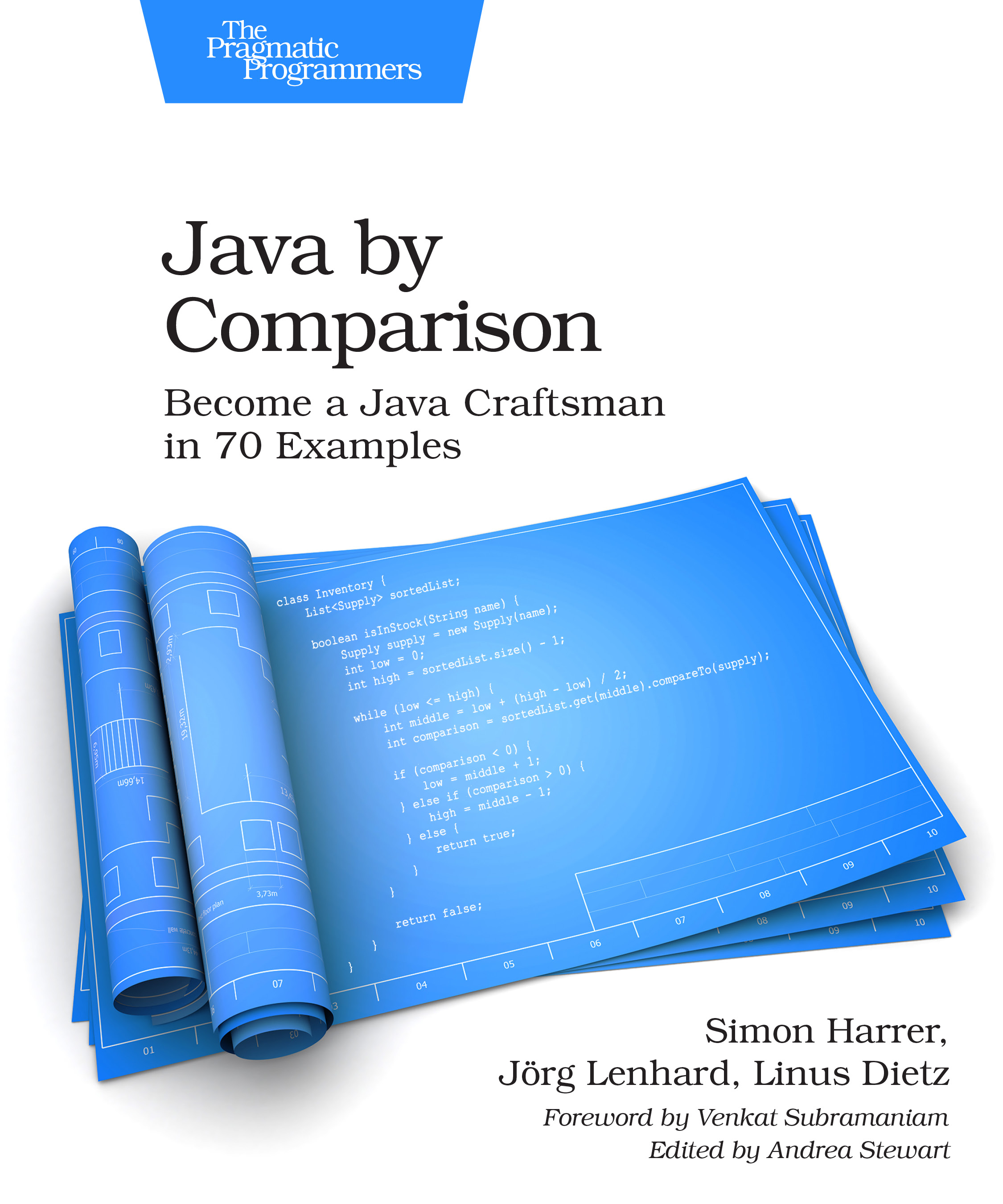Data-driven Destination Recommender Systems
My dissertation is published as open access.
Deciding where to travel is a complex, emotionally involving, and financially relevant decision which people face relatively infrequently. Some aspects of tourist recommendations, such as point-of-interest recommendation, hotel recommendations, or restaurant recommendations, are commercially well established, whereas there are few successful recommender systems for individual travel destinations. In this thesis, we present several contributions in the context of destination recommendation covering traveler mobility analysis, destination characterization, and conversational recommender systems.
Understanding traveler mobility forms the basis for more personalized recommendations. We propose methods to analyze global traveler mobility from location-based social networks to learn which data sources are suitable for analyses in this domain, how people travel around the world, and which types of travelers can be observed. Our cluster analyses of trips and travelers reveal distinct groups, which can serve as an initial preference elicitation step, but we could also show that the common practice of evaluating point-of-interest recommendations without differentiating these groups leads to misleading results. Furthermore, we use the mined trips to construct a specialized map of hierarchical travel regions and to recommend the personalized duration of stay at destinations.
To correctly match traveler preferences with destinations in the content-based recommendation domain, we investigate which data sources are suitable for characterizing destinations. Constructing 18 data models and eliciting the concept of touristic experience in cities using an expert study, we determine that textual data sources, e.g., Wikipedia articles, do a good job of emulating the touristic experience using rank agreement metrics. Additionally, we are able to optimize data sources with explicit features to be competitive by learning the importance of feature weights using black-box learning.
Finally, we present the CityRec conversational destination recommender system. Since users often struggle to verbalize their true preferences and might have unrealistic expectations about destinations, we propose a novel conversational paradigm, “Navigation by Revealing Trade-offs”, to overcome the wishful-thinking problem and inform users of the trade-offs involved in choosing one destination over another. The seamless integration of user interface and algorithms was evaluated using a large-scale user study with 600 participants.
Linus W. Dietz. “Data-Driven Destination Recommender Systems.” Technical University of Munich, 2023.

